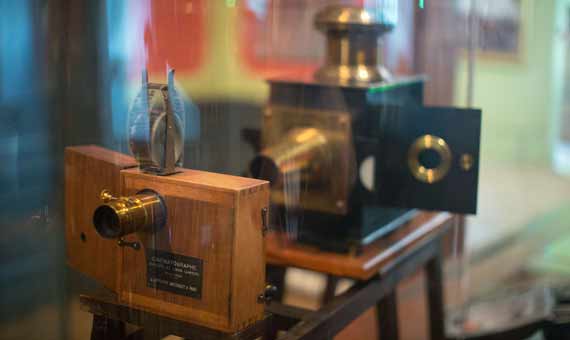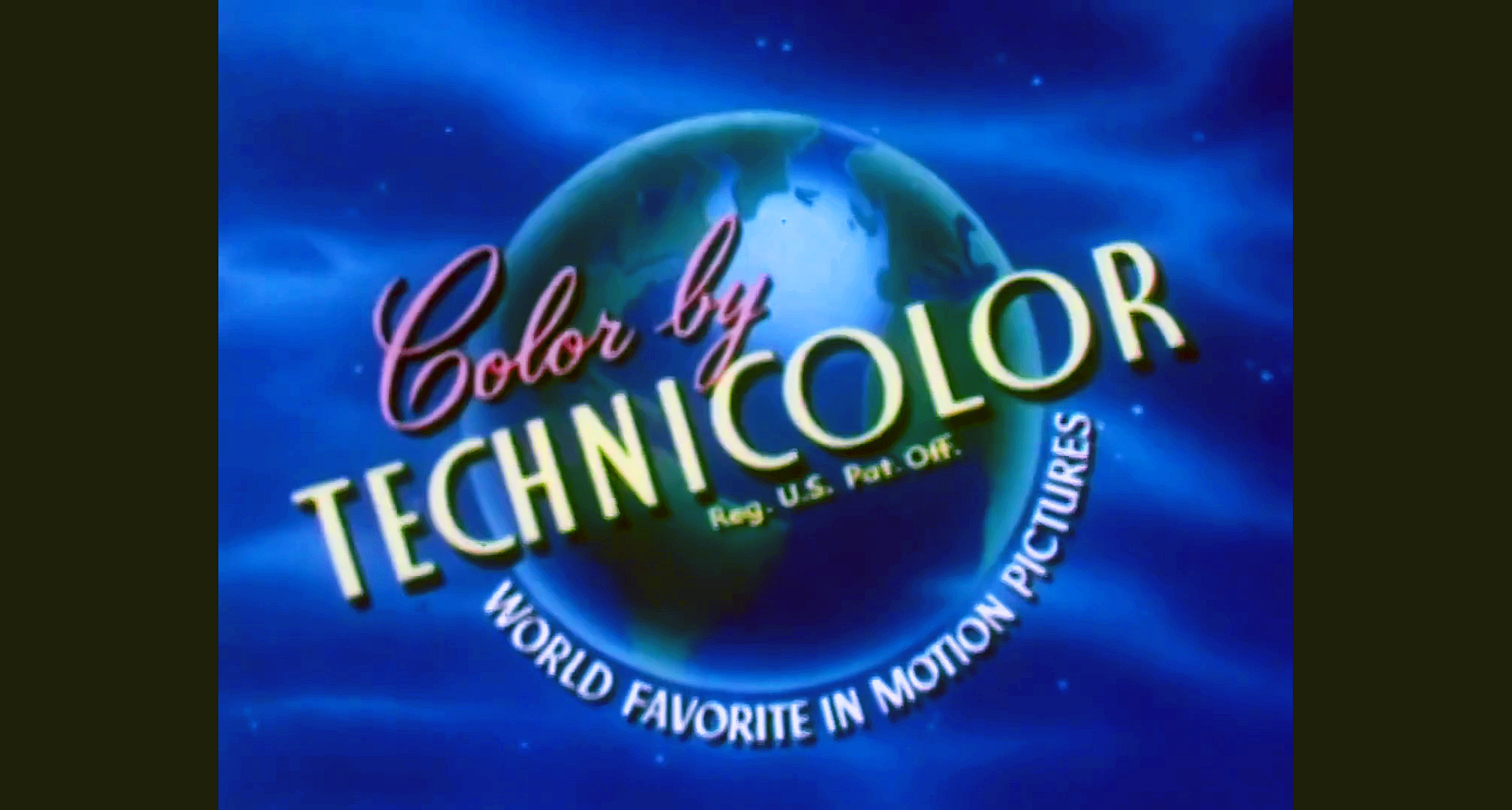Much credit is given to the Lumiere brothers from France with their invention of cinematograph the which debuted at the science conference of 1895. Even though they gained more recognition when this invention was seen in France that December, the impact was clearly seen. The cinematograph gave a recreation to illusionary movement According to these brothers, their goal was to deceive the eyes of their audience. As mentioned, much credit was given to the Lumiere brothers, but there was much debate as to who truly invented movies first. In September of 1896, an article was written asking if the Lumiere brothers or America's Thomas Edison invented movies. Thomas Edison worked on the invention of the Kinetoscope and turned it into a projection device. This was the main contention that still to this day is up for debate.

Other contributors were Max Skladanowsky from Germany and William Frises Greene from Britain. This ignited moire debate for others who were overlooked by claiming they were the "true" contributors to this amazing invention C Francis Jenkins, Thomas Armat, and the Latham family (America), Etienne-Jules Marey (France), Oskar Messter (Germany), and Robert William Paul (Britain). No matter who the true inventor turns out to be, movies have influenced society in ways that may not have been without them.
Sound is an important aspect of movies today, and a revolutionary idea to add to a movie in 1927. Alan Crosland premiered his black and white film The Jazz Singer. He wanted to change the silent film aspect as displayed by the hilarious actions of Charles Chalpin to one where sounds accompanied the images projected.


As briefly mentioned, the Wizard of Oz was a huge deal because it was one of the first widely featured American movies with color. Despite Wizard of Oz debut in 1939, color was invented in 1916 thanks to the Technicolor company. This was made possible by the introduction of the photographic chemical process that introduces color in movie frames. This discovery was first tested out with the Kinemacolo system by only using two colors (red and teal). This made it more difficult to register the desired color on the screen used. The development of the three-color camera (Technicolor three-strip) contributed to the unstoppable growth of using colors in movies from 1935 and so forth.


When color was starting to become more popular, according to an LA Times article, "Numerous film actresses balked at doing a Technicolor movie. 'Claudette Colbert didn't like her appearance in 'Drums Along the Mohawk' and didn't make another color film for about 20 years.'" (according to Peter Jones) "These actresses, Jones explains, were used to being photographed by the likes of George Hurrell, 'who did beautiful black-and-white photographs with shadow and light. And then suddenly, they were on the set where they were shooting color and the lights were unbelievable."

With any invention that shapes history, there are advantages and disadvantages. Some advantages is a way of communicating a story to an audience in an artistic and intriguing way, giving an audience a pleasant form of entertainment within the typical span of a 1 hour and 30 minutes -3 hours. Providing jobs to creative-minded people from actors, to directors, to producers, etc. A disadvantage is actors have the potential to let the fame of their success become their downfall by having it go to their head, the makers of the movie being into a film project just for the money and not the story, etc. I believe, the benefits outweigh any negative aspects because I usually walk away from a movie with a better appreciation for life through the story told. This could be a different perspective I have not considered, a lesson to be learned, etc.

References:
https://www.bbvaopenmind.com/en/technology/innovation/7-advances-in-technology-that-have-revolutionized-the-film-industry/
https://books.google.com/books?hl=en&lr=&id=WVVX4NHS8TwC&oi=fnd&pg=PR7&dq=invention+of+movies&ots=xGdKtA4TlA&sig=VgE-iofhempM6MhQVAwiMeQITYY#v=onepage&q=invention%20of%20movies&f=false
https://www.latimes.com/archives/la-xpm-1998-dec-04-ca-50659-story.html



No comments:
Post a Comment